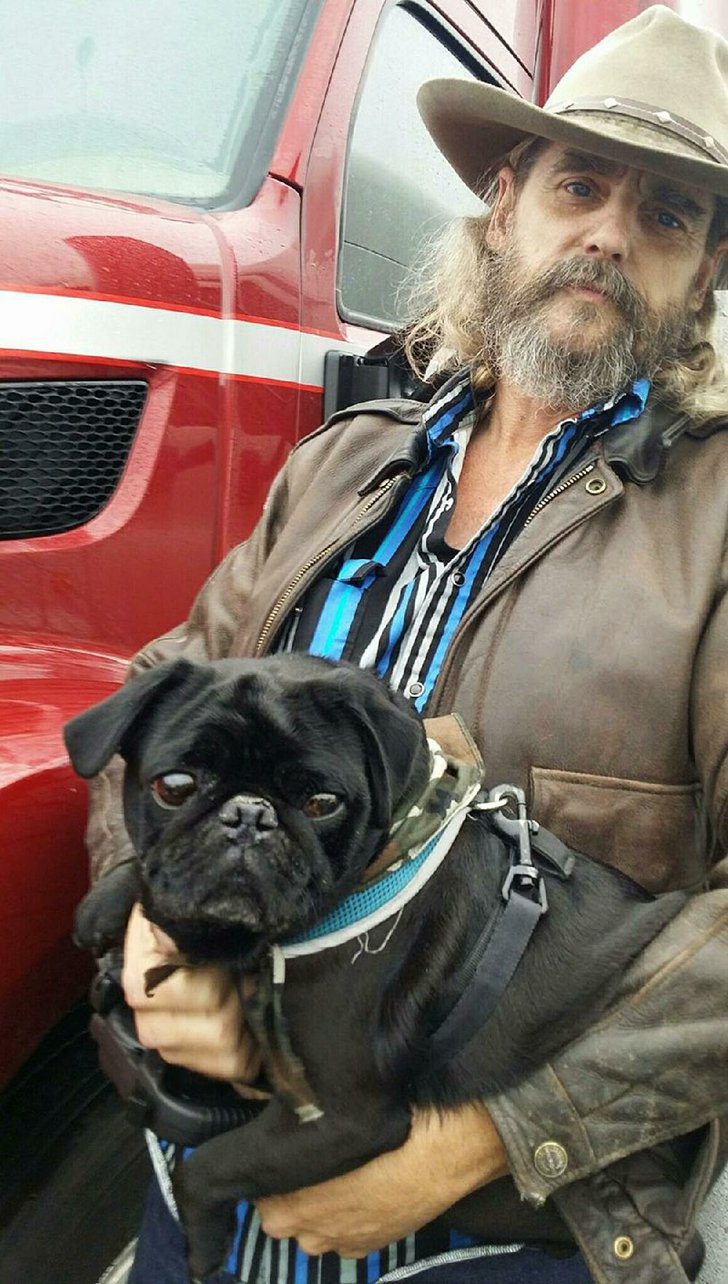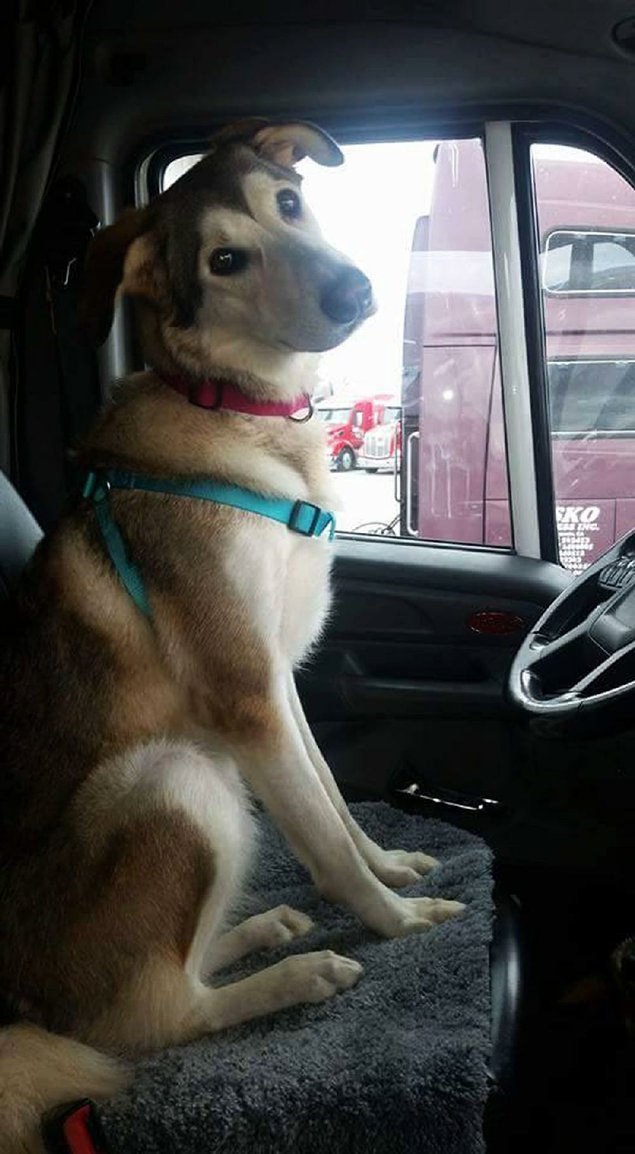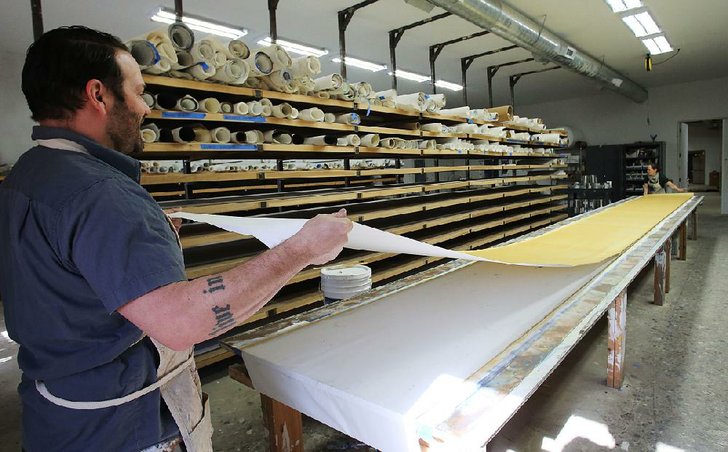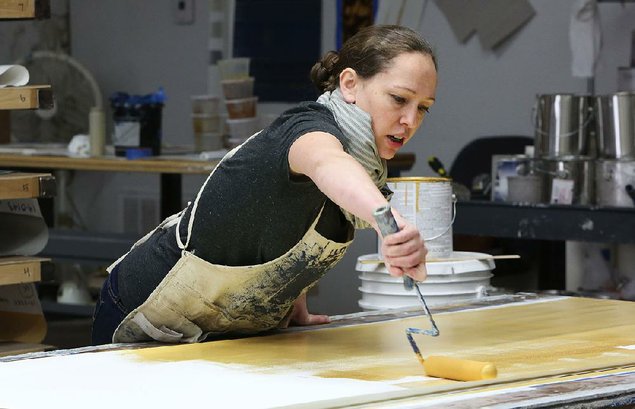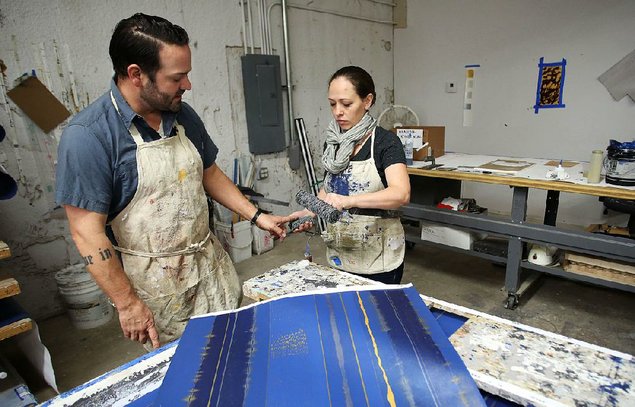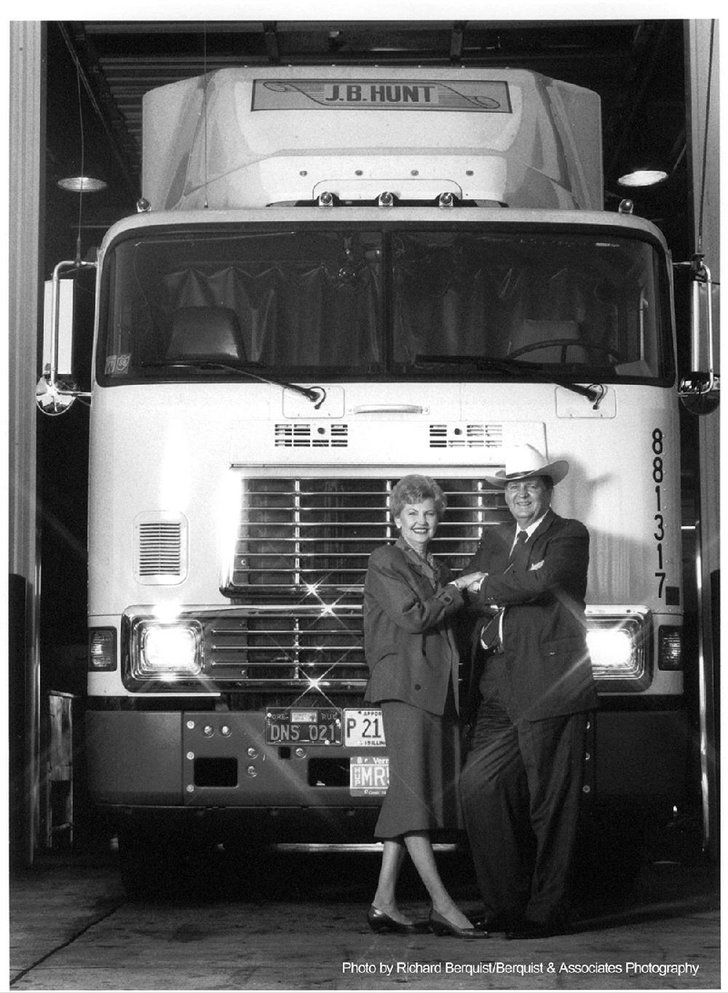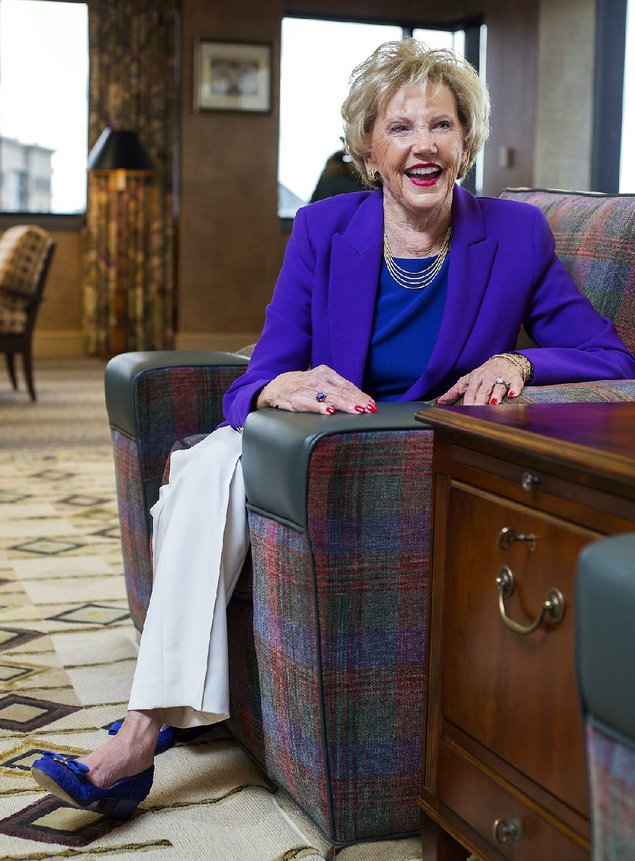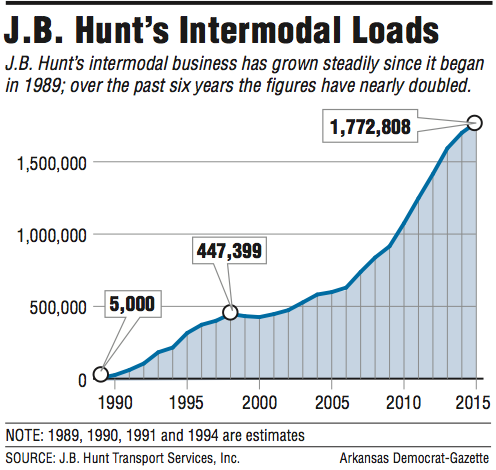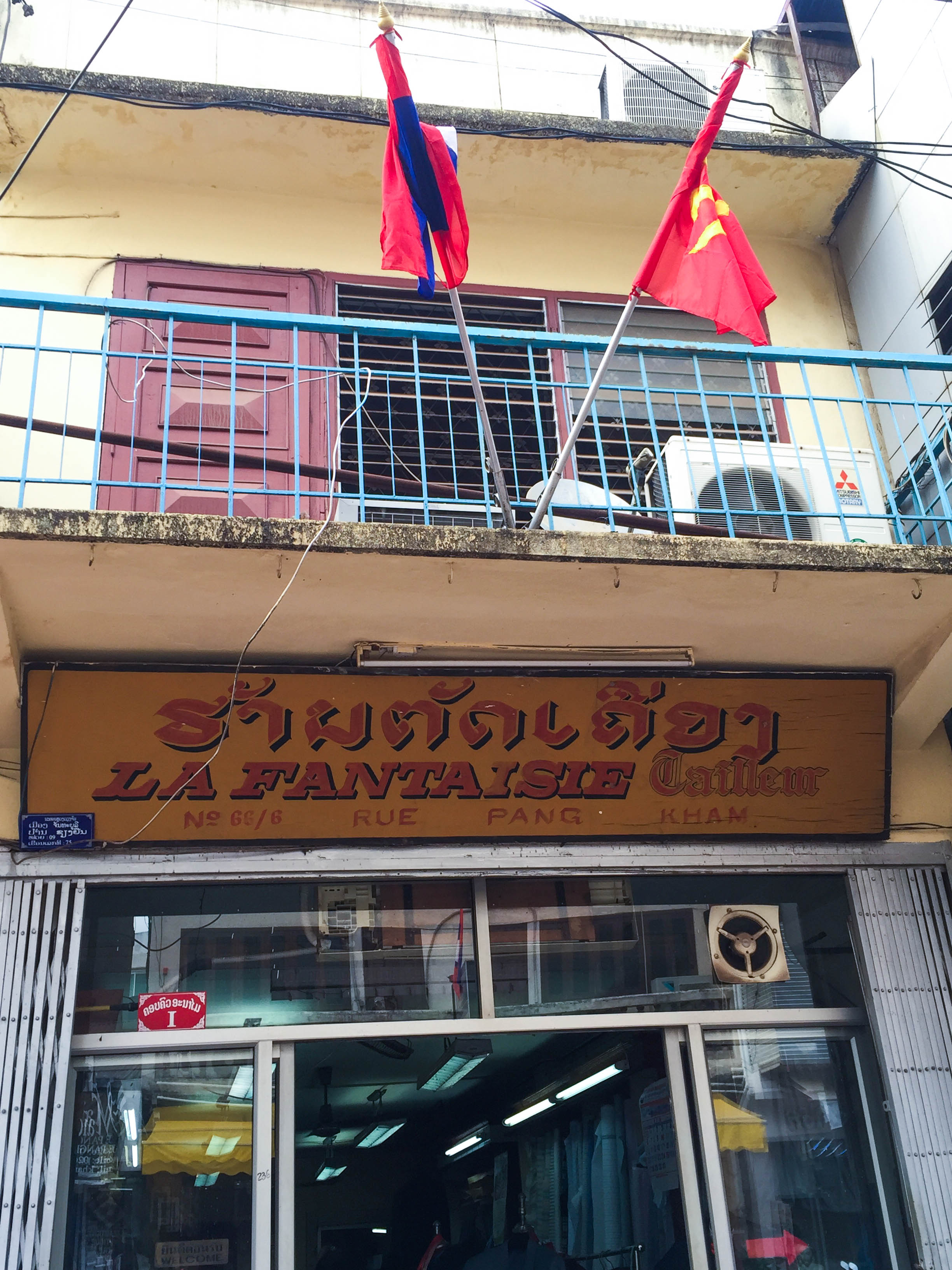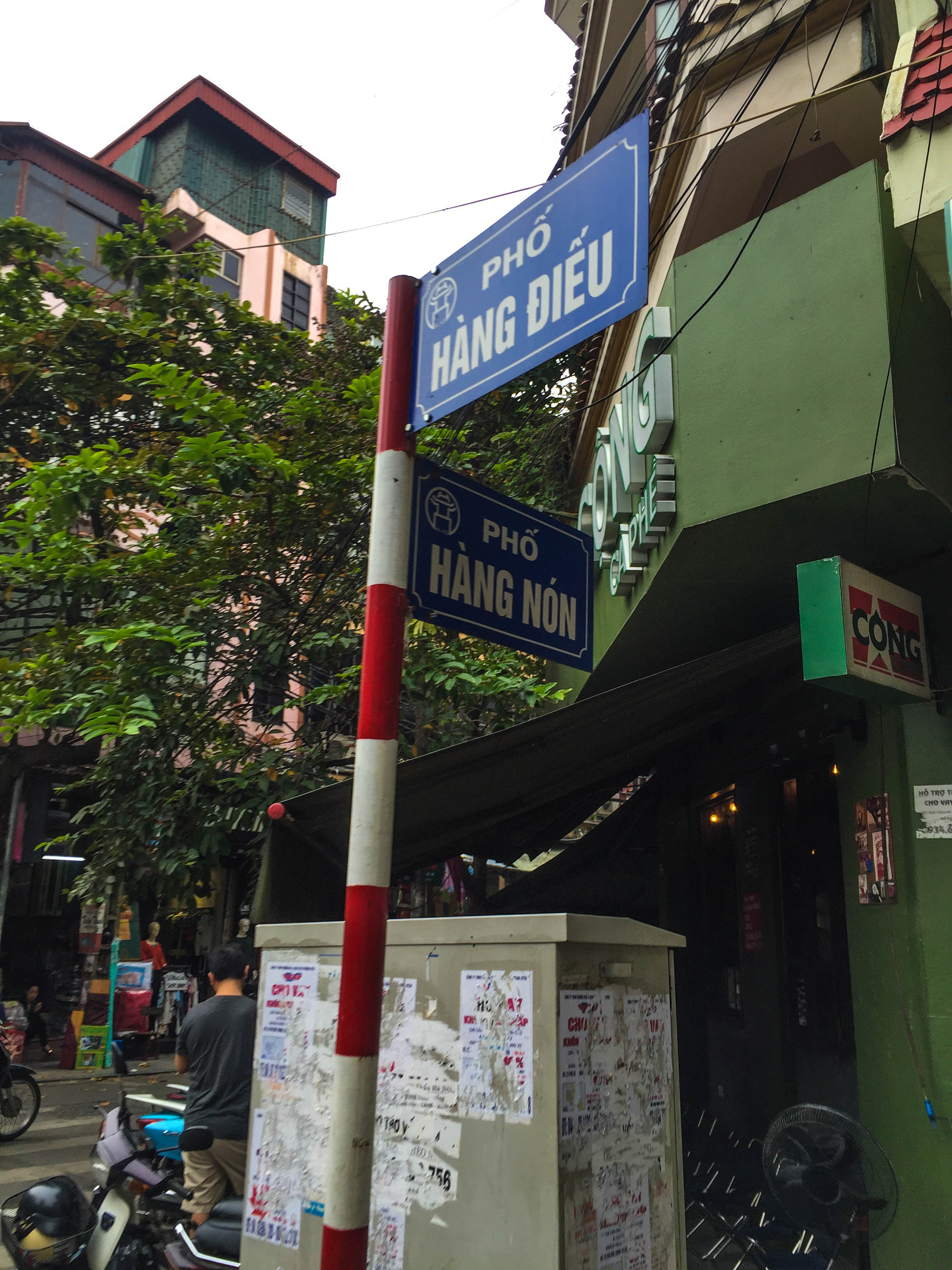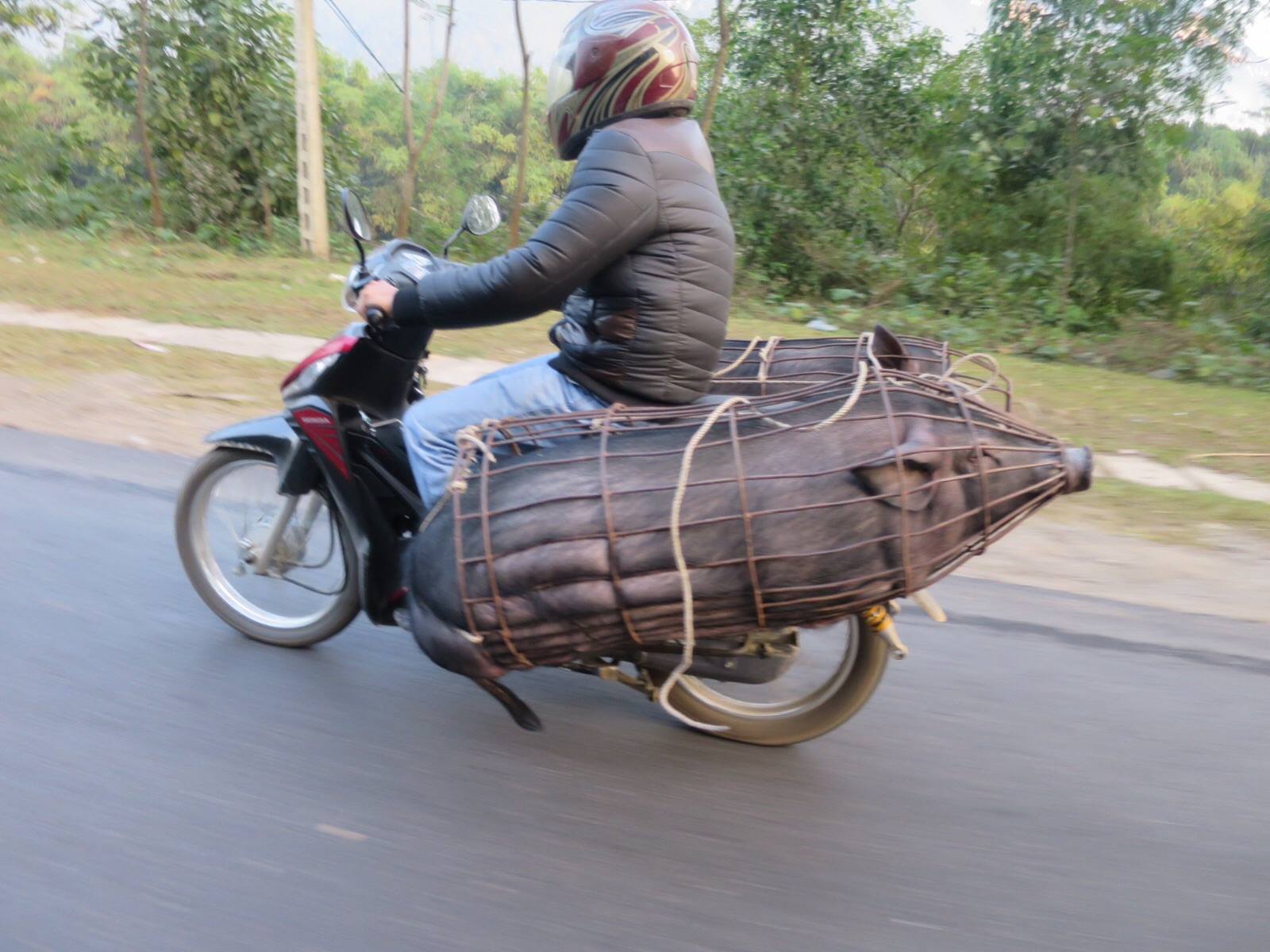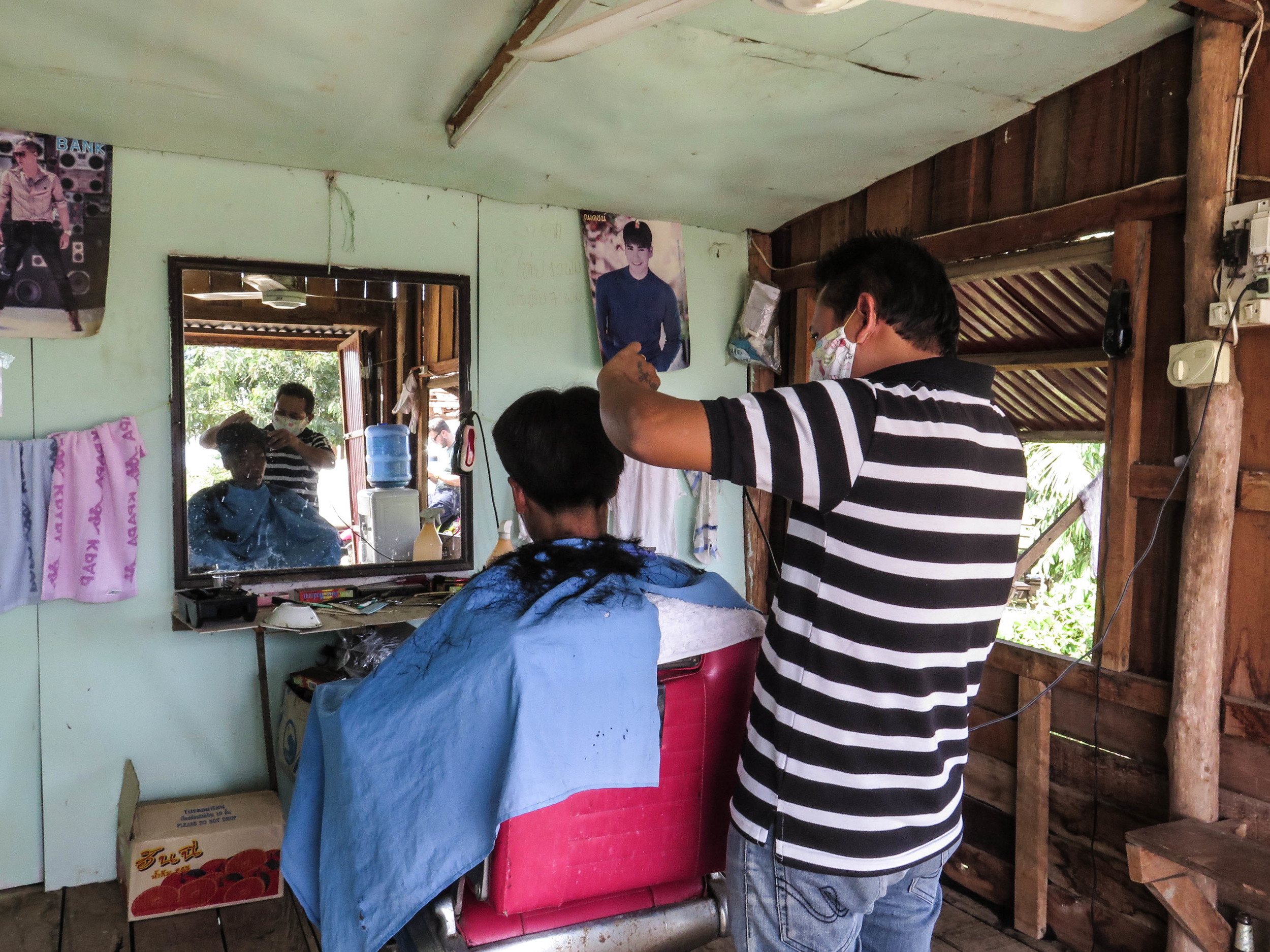"I Don't Retire Well"
As part of my coverage of Acxiom, Corp., I have also gotten to know its longtime leader, Charles Morgan who left the company in 2007. Since then, he has been busy. In fact, he took the helm of another company. As he put it, "I don't retire well."
This Little Rock company, First Orion has some interesting parallels to Acxiom. The leadership team, 75 percent ex-Acxiom, used to use their big data expertise to help marketers target us. Now they are using it to help protect us from those pesky scam/span callers. The tables have turned, so to speak.
If you're a T-Mobile subscriber you might have already noticed the "scam likely" messages popping up on your screen. That's First Orion's work, and they're in conversations with every major carrier, too. Until then, try their PrivacyStar mobile app for access to some of the functions.
Arkansas Democrat-Gazette
Home / Business /
Ex-CEO on to new venture
Former Acxiom boss now targeting spammers, scammers
Through First Orion, CEO Charles Morgan is working to protect consumers from unwanted calls and scams.
Longtime Arkansas technology leader Charles Morgan is concentrating his efforts on protecting consumers from phone scammers and spammers.
Morgan's current venture -- First Orion -- has created a mobile application called PrivacyStar that offers blocking of unwanted calls, caller identification and the ability to file complaints against scammers.
The company also offers an in-network solution that provides the customers of cellular carriers with an automatic "scam likely" message and the capability to opt into blocking unwanted calls. It is being used by MetroPCS, T-Mobile and Sky Mobile in the United Kingdom. A contract with Virgin Mobile is in the works, and Morgan said the company is in discussions with other major carriers.
Charles Morgan, CEO of First Orion
Photo by John Sykes Jr.
Will Wiquist, spokesman for the Federal Communications Commission, said unwanted and robocalls are the "No. 1" complaint the agency receives annually -- about 200,000 of 320,000.
"As we talk to other people in the industry and potential investors, when you start talking about the problem you don't have to describe it for very long," said Craig Dunn, First Orion's chief financial officer.
Morgan said developing the technology was difficult.
"There are so many different people making so many different types of calls for so many different reasons," Morgan said. "It's really easy to get a weather warning that looks like a scam call."
By studying the call patterns and characteristics of numbers, as well as calling some of them back, First Orion rescores its database of potential scam callers every six minutes.
"Generally, robocall blocking and filtering services are a great tool for consumers," Wiquist said. "The more that they become available, the more power consumers have to pick the calls they want and don't want. That's helpful in avoiding scams and just in selecting which calls they want to receive."
In 2008 -- a year after he left as the chief executive officer of Acxiom Corp. -- Morgan began investing in First Orion. Acxiom is a data broker and distributor that helps marketers target customers more efficiently.
When First Orion nearly went bankrupt, Morgan increased his involvement and signed on as chief executive. He now owns 75 percent of the company.
"Going into 2013, I had put a lot of money into this thing," he said. "I finally decided I was going to put more money into it, and I came to the conclusion that I should come in and run it instead of talking to these guys on the phone asking, 'What are you doing with my money?'"
First Orion has grown to 100 employees, mostly in Little Rock, with smaller offices in Dallas, Seattle and London. Projected revenue for 2017 is $25 million to $30 million and the company has been profitable since 2013, except for the current quarter.
Morgan estimated 75 percent of First Orion's executive team came from Acxiom, expertise that has proved valuable in a business with many parallels.
"One thing I liked about Acxiom was the fact that we had so much data, there were so many infinite possibilities with the things we could do," Morgan said. "Likewise, there is an infinite amount of data in this business. Just at T-Mobile we see 1.5 billion network messages a day that we are doing analysis on."
Kent Burnett, a former Dillard's executive and First Orion board member, said the team's experience with data has been crucial.
"The common element is understanding the strategic issues of owning the data and monetizing the information in the data," Burnett said. "I've been so impressed by the innovation and creativity that comes from Charles and his team about what to do with the data," he said. "And that's something they did at Acxiom."
"It's all the same thing," Morgan said. "There was an awful lot of data at Acxiom. We built solutions that leveraged large-scale data assets and created business value from them. It's a real simple concept."
Of First Orion, Morgan said, "We're not an app company. We're not a network company. We are a data-driven solutions company that is leveraging large amounts of data to create value for our customers and for their customers."
At both Acxiom and First Orion, developing a strong privacy reputation has been critical, Morgan said.
"If they didn't feel secure giving us their data and the credit bureaus didn't feel secure giving us all their data in Conway, you know how long our business would have lasted? Moments," Morgan said of Acxiom's initial financial clients.
At First Orion, Morgan said, "We want to make it very clear to everybody that we are going to do it like we did before," he said.
Scott Hambuchen, executive vice president of technology and solution development, added his team looks at patterns and data and is "not pulling any of that information out of their network."
"We don't look at who you're calling," said Morgan. "We look at the fact that you made a call."
First Orion offers additional help to businesses to avoid scammers. For example, Dunn said scammers may call banks pretending to be account holders and gather enough bits of information to make a purchase.
"We can help [businesses] understand whether the calls they are getting from the outside have all the characteristics of a good call," he said. "We are trying to enable the conversations both the businesses and consumers want to have happen."
Now, the company is working on Caller YD, a feature that could eliminate the need to even speak on the phone.
"When my wife has to call to change a prescription she spends an hour on the phone fooling around with it," Morgan said. "What if all of your options were presented on the screen and you could take care of it in five or 10 minutes?"
Caller YD can visually inform the consumer of who is calling and their purpose with an image and serve as an interactive platform to take care of something like confirming an appointment.
"You would like to be able to do a lot of these things without talking on the stupid phone," he added.
SundayMonday Business on 06/18/2017

